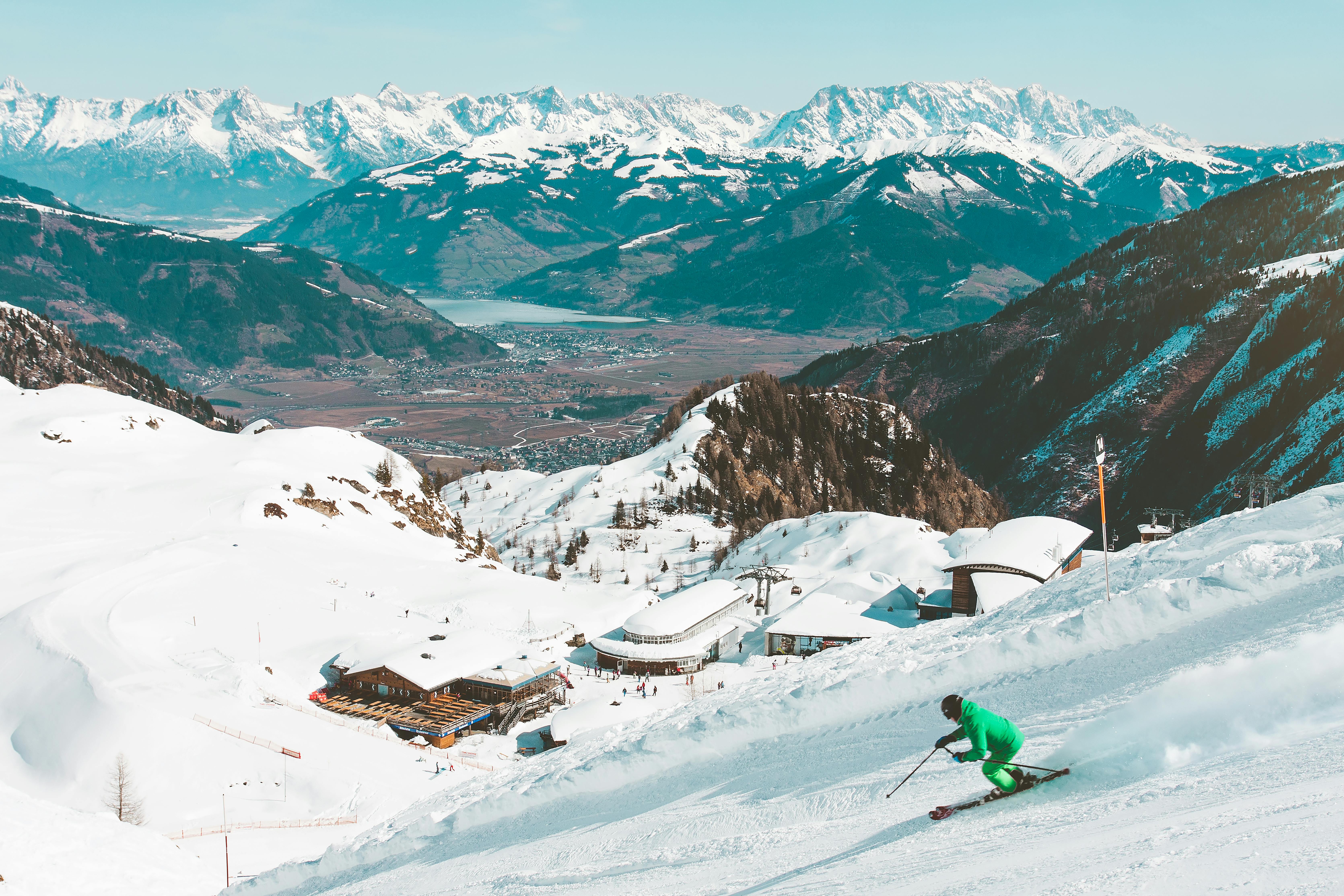Belize – Jewel of the Caribbean
Belize has an area of the mainland and cays that is 8,867 square miles. Belize’s greatest length from north to south is 173.9 miles and its greatest width is 118.0 miles. Belize’s climate is subtropical, tempered by trade winds. Temperatures in the coastal districts range from 50°F to 96°F; inland the range is greater. Rainfall ranges from an average of 50.9 inches in the north to 175.0 inches in the far south. The dry season generally runs from February to May, and sometimes there is a dry spell in August.
The Mayan civilization spread through Belize from the year 1500 BC. C., with more than a million inhabitants, flourished until approximately the year 900 d. c.
The origin of the name Belize is unclear, but one possibility is that the name comes from the Mayan word belix, meaning “muddy water,” applied to the Belize River.
European settlement began with British Jews, privateers, and English sailors as early as 1638. The first settlement in Belize was on Honduras Bay and grew from a few dwellings. Belize City now Belize City became a de facto colony of the United Kingdom during the late 18th century. In the early 19th century, the settlement was called British Honduras, and in 1871 it became a Crown Colony.
Great Britain, taking advantage of Spain’s inability to establish control over present-day Belize, began using slaves (abolished in 1838) to cut logwood, a dyewood prized in Europe for the wool industry. In the 1770s, a second exotic tropical hardwood, mahogany, replaced logwood as Belize’s main export. Belize’s economy remained based on mahogany extraction until the early 1900s, when the cultivation of export crops such as citrus fruits, sugar cane, and bananas came to dominate the economy until it is today.
British Honduras became a self-governing colony in January 1964 and was renamed “Belize” on June 1, 1973. Belize was the last colony on the American continent of any monarchist. George Cadle Price led the country to full independence on September 21, 1981. After delays caused by territorial disputes with neighboring Guatemala, which he did not formally recognize the country
Throughout Belize’s history, Guatemala has claimed ownership of all of Belize. This statement is reflected in the maps that show Belize as the twenty-third province of Guatemala. As of March 2008, the deputy with Guatemala remains quite controversial. On several occasions, the issue has required UK mediation. Since independence, a British garrison has been retained in Belize at the request of the Belizean government. There is no war over this matter and it is safe to travel to Belize.
The main industries are sugar, citrus, fishing and bananas. Sugar represents more than 33.4% of the country’s foreign exchange earnings. Belize is also home to several growing manufacturing companies.
There are three ways to get to Belize: air boat or car, the car is the most time consuming. Many people feel that the best way is to take a cruise to Belize. Air is the fastest and easiest way to get to Belize, you can get direct flights from: Atlanta, GA – Charlotte, NC – Newark, NJ – Dallas/Houston, TX – Los Angeles, CA and Miami, FL.
This Belizean author can attest to the great jubilation that ensued throughout Belize on Friday, February 8, 2008 when the Hon. Dean O. Barrow was sworn in as Belize’s first Creole Prime Minister.
